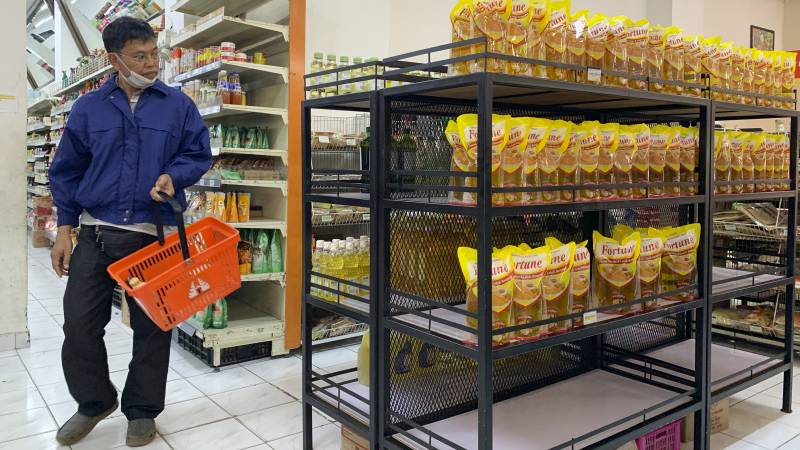Indonesia will ban the export of palm oil and its derivatives to avoid domestic shortages and discourage high prices. President Joko Widodo announced that the export ban will go into effect next Thursday and will be in effect indefinitely.
Indonesia is the largest producer and exporter of palm oil, the most widely used vegetable oil. Together with Malaysia, the country accounts for 85 percent of global palm oil production. Demand has soared and with it prices recently as the war in Ukraine has led to a global shortage of sunflower oil, another vegetable oil.
As a result of Indonesia’s announced export ban, the price of soybean oil soared 4.5 percent to an all-time high today. That price was already high due to the dry period in Argentina, the world’s largest exporter of soybeans. This country has also taken measures in the form of an export tax to protect the domestic market.
Corruption Investigations
This week, Indonesia’s attorney general’s office announced the opening of a corruption investigation that also includes a high-ranking employee of the Ministry of Commerce and three executives from the palm oil industry.
Earlier this year, the government required all palm oil exporters to ensure sufficient domestic stocks and not to follow high international oil prices. It is suspected that the Ministry employee granted licenses to export crude palm oil and its derivatives such as cooking oil, which led to an increase in the shortage and an increase in prices at home.
Hundreds of people demonstrated yesterday in the capital, Jakarta, to protest against the rise in food prices in the country. They demanded a reduction in the price of fuel and basic commodities such as oil.

“Lifelong zombie fanatic. Hardcore web practitioner. Thinker. Music expert. Unapologetic pop culture scholar.”








